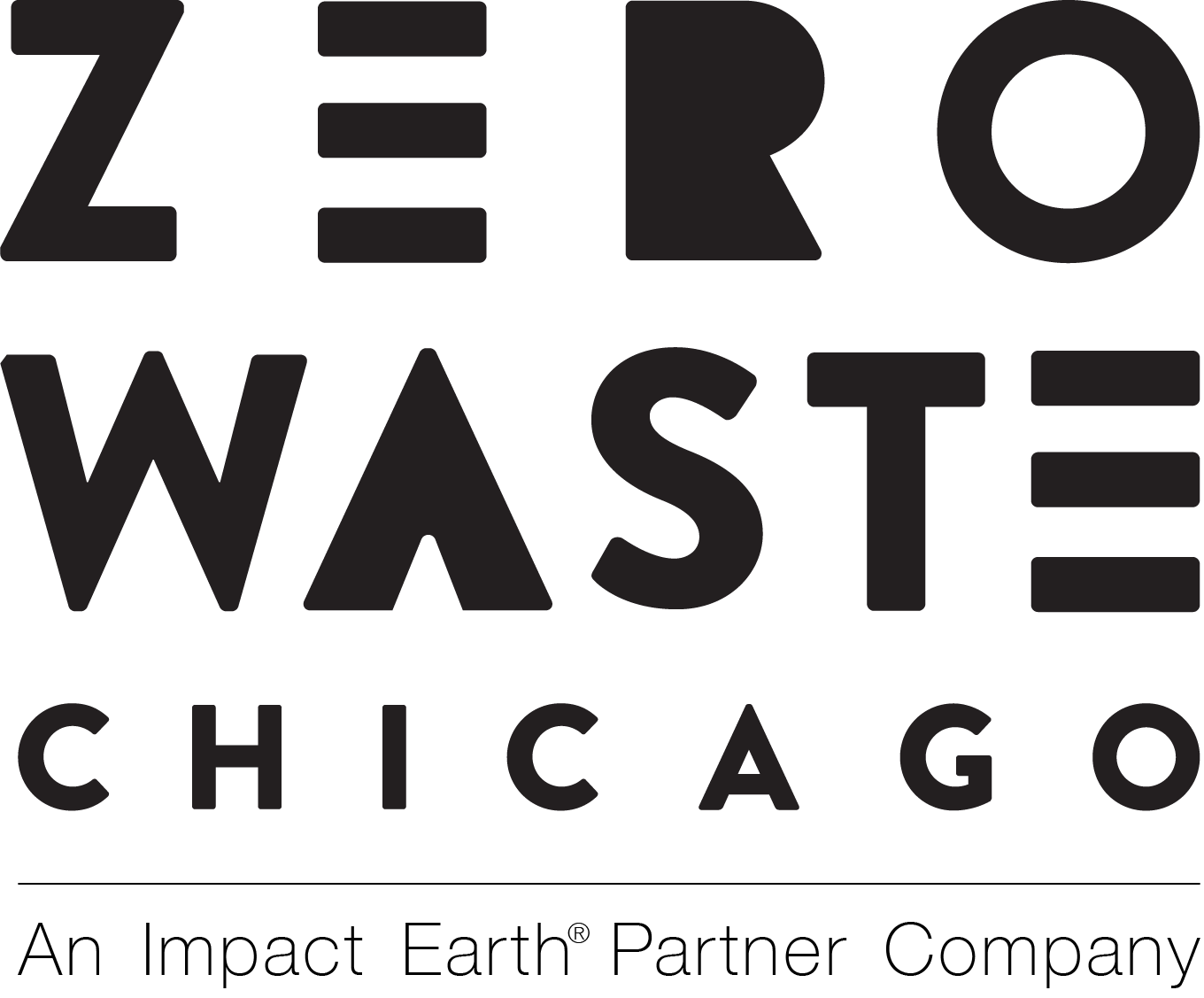Zero Waste Living for Beginners
Learn to love your reusable bag and water bottle.
Keeping these on hand is a simple way to ease into replacing single-use plastics and disposables with something that's reusable. They're versatile for many occasions - plus, bringing your own bag will save you 7 cents in Chicago.
Ditch that single use plastic in your daily life.
Whether that’s skipping the coffee cup for your morning pick-me-up or swapping out plastics in your in your kitchen, bathroom, or on the go. Zero Waste Chicago offers locally-made zero waste lifestyle products that can help you take the next step towards a zero waste lifestyle. You can view all of our products right in our store.
Learn what items are actually recyclable.
Greasy pizza boxes and styrofoam cups aren't recyclable in City of Chicago blue bins, and when non-recyclable items are placed in those bins they make the recycling process less efficient. We've got resources for learning more about what you can and can't recycle.
Consider composting.
Organic materials - namely, food - can't break down naturally in the landfill. So if you can, stop throwing that food away! Compost allows food scraps and other organics to break down into rich soil. There are many options for composting in Chicago, even for folks who live in an apartment or don't have any outdoor space. Learn more, and choose a method that's right for you, on our Where to Compost page.
Be mindful of your grocery purchases.
Many grocery stores offer common food items in bulk, so you can bring your own jars or containers from home to fill. If shopping in bulk is unavailable, consider investing in reusable cloth produce bags to replace plastic produce bags, or prioritize options in recyclable or plastic-free packaging. Whenever possible, prioritize in-season produce to reduce packaging and shipping, and support local growers.
Try to repair items before automatically buying replacements.
Fixing buttons on shirts or soles on shoes is a great way to save money and prevent broken items from ending up the landfill. Find out a little bit more about how to repair things - or find someone who can - here.
Plan ahead for the day.
Take a minute at the beginning of the day to think about what you’ll be doing. Do you have your reusable water bottle? Do you need a reusable bag? Should you pack a lunch? Can you map out your errands to minimize travel? Asking yourself these simple questions will prepare you for the day, and minimize last-minute wasteful decisions later on.
Learn to cook, and share dishes with friends.
Convenience foods, like frozen dinners or pre-cut vegetables, require manufacturing, packaging, and shipping. Cooking homemade meals helps to avoid these unnecessary waste generators. Cook extra to swap meals with friends. This will minimize work for you, maximize your menu, and allow you to experience new recipes.








